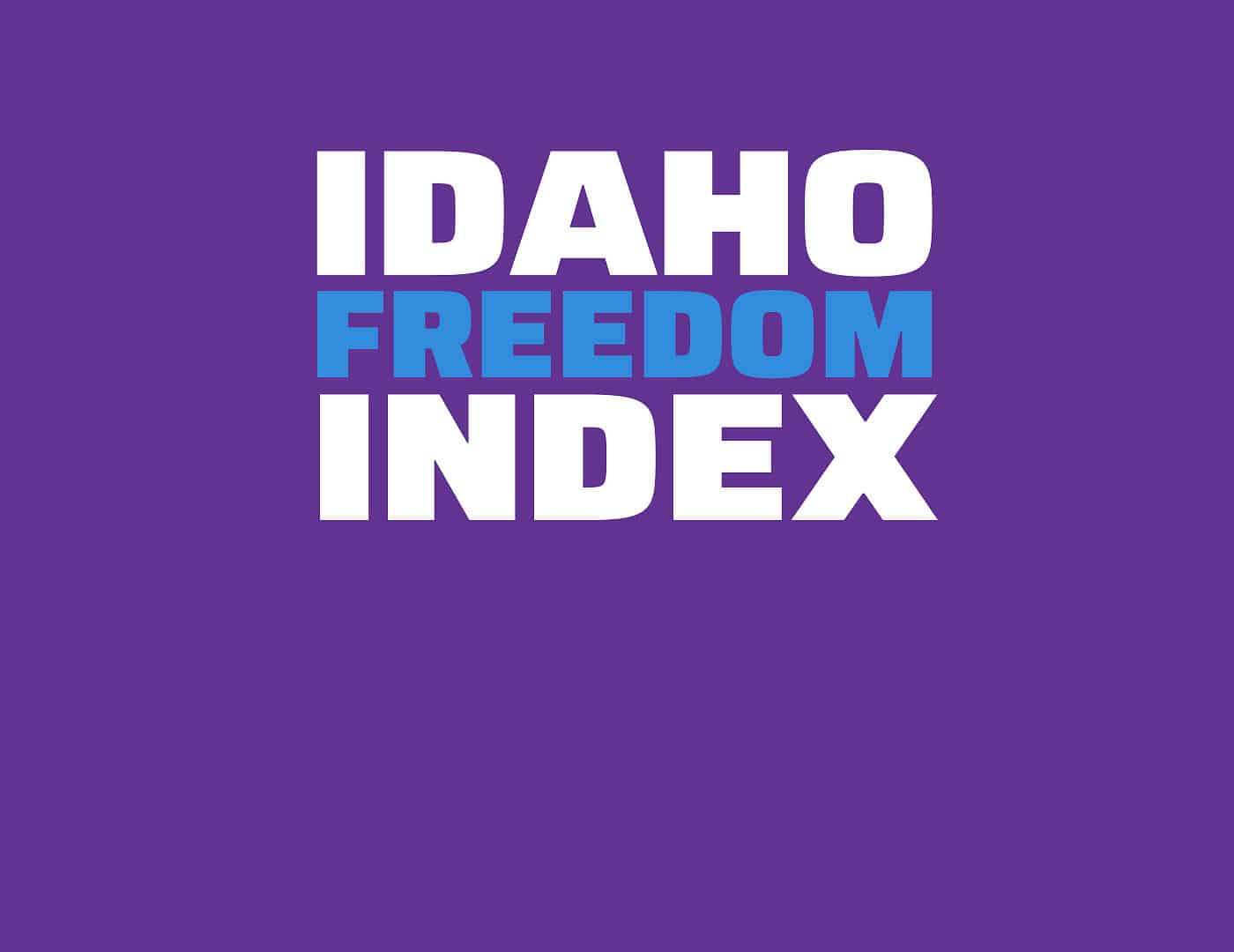


Bill Description: House Bill 271 would require local jurisdictions to establish a "landscape control permit process" to allow sign owners to clear brush and other natural obstructions that are blocking their signs.
Rating: -2
Does it directly or indirectly create or increase penalties for victimless crimes or non-restorative penalties for nonviolent crimes? Conversely, does it eliminate or decrease penalties for victimless crimes or non-restorative penalties for non-violent crimes?
Common sense would dictate that the owner of a sign should be free to clear brush and other natural obstructions that are blocking the sign. Not only would this benefit the sign owner, it would make it easier for other people to read the sign, and it would free government employees from having to remove the obstructions.
Alas, common sense is not the operating principle of government, so we have House Bill 271, which would create Section 40-1910B, Idaho Code, to require local jurisdictions having authority over a public right-of-way (termed a "responsible entity" by the bill) to "establish a landscape control permit process by December 31, 2023."
As used in this section, "landscape control" means "to trim or remove seedlings, saplings, trees, or other vegetation taller than three (3) feet that are located within a public right-of-way" and block the visibility of an "outdoor advertising sign" or "permitted business identification sign."
Concerningly, the bill also says, "Except as provided in this section, a person, including an owner, may not perform or cause landscape control to be performed within a public right-of-way."
If some local jurisdictions are being stubborn about this issue, a much simpler and shorter bill would suffice. Using the same definitions found in this section (excluding those for "landscape control permit"), the law could simply say that a "responsible entity" may not prohibit a sign owner from performing the same types of maintenance these permits are created to allow.
(-1)
Does it directly or indirectly create or increase any taxes, fees, or other assessments? Conversely, does it eliminate or reduce any taxes, fees, or other assessments?
The bill says, "Each responsible entity shall establish and collect a landscape control permit fee in an amount not to exceed two hundred ($200) dollars."
And "In addition to a landscape control permit fee, a responsible entity may require as a condition of granting a landscape control permit payment of five hundred ($500) dollars for each tree with a measurement at diameter breast height that exceeds four (4) inches and two hundred ($200) dollars for each tree with a measurement at diameter breast height that exceeds two (2) inches that will be removed. Dead or diseased trees shall not be measured or valued."
Allowing the owner of a sign to remove brush and other natural obstructions that are blocking the sign would benefit the sign owner, make it easier for other people to read the sign, and free government employees from having to handle removing the obstructions.
Such actions should be encouraged, not restricted to those who apply for permits and pay fees.
(-1)


